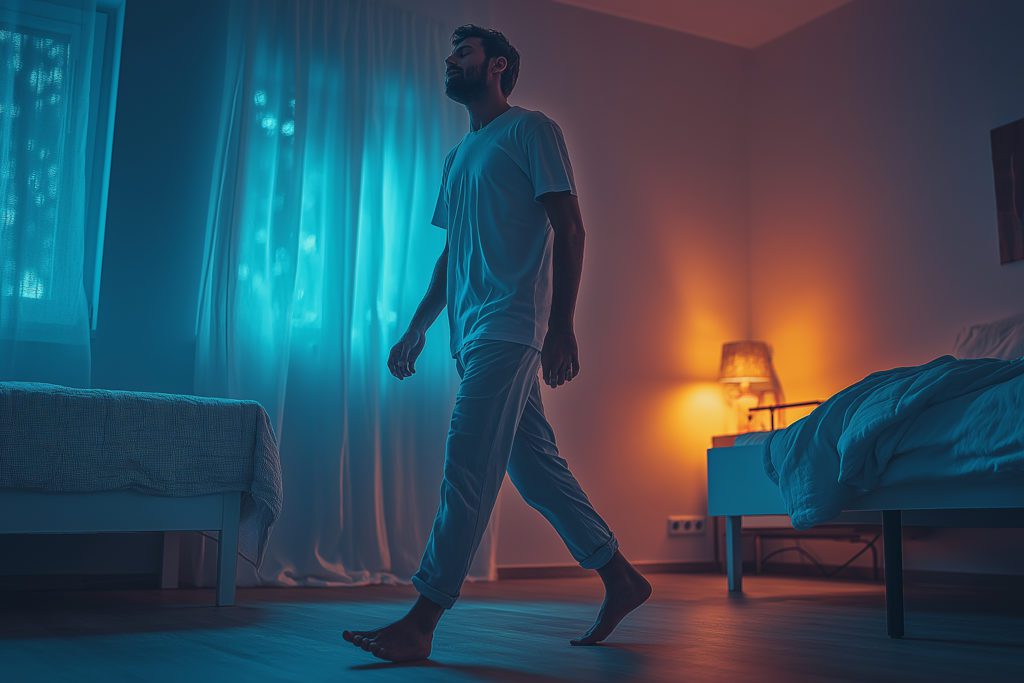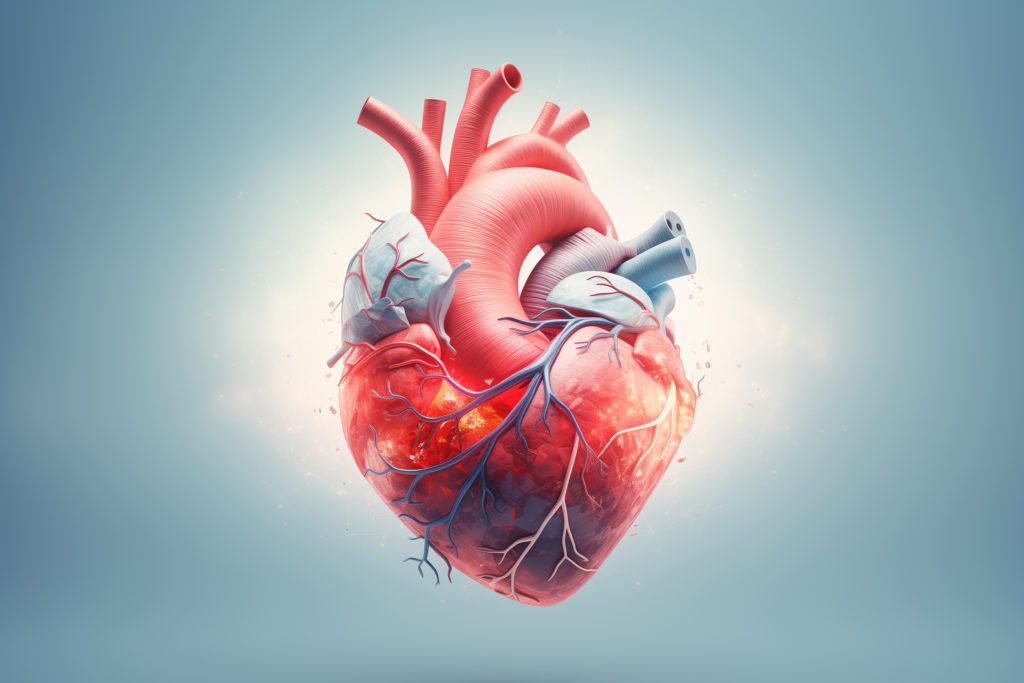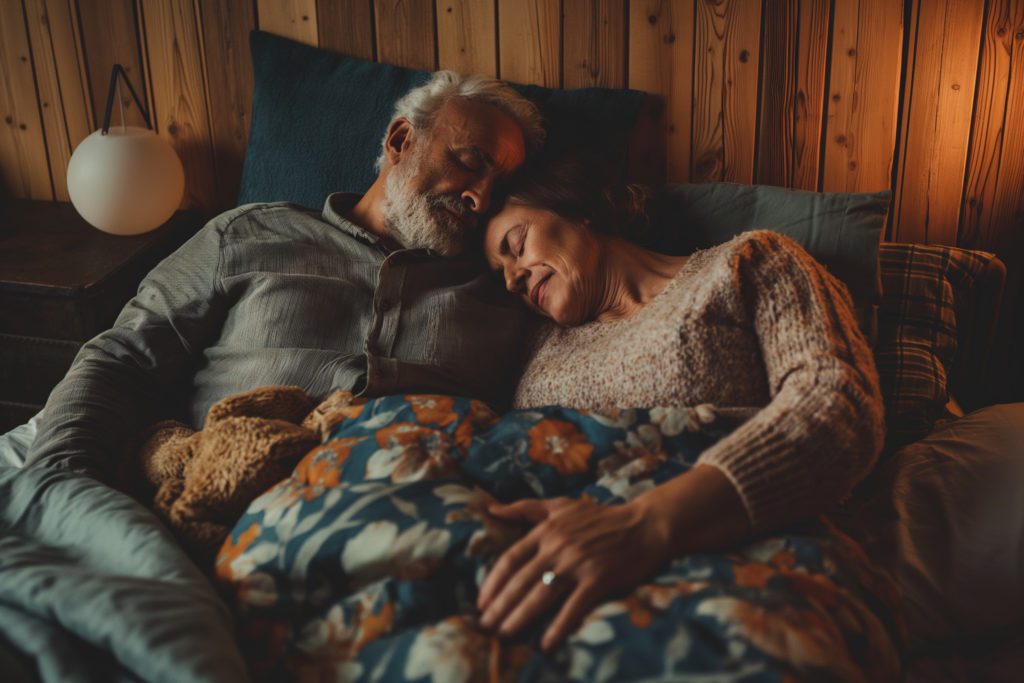
Sleep Disorders and PTSD: Coping Strategies for Better Rest
Explore effective coping strategies for managing sleep disorders linked to PTSD, empowering you to achieve restful nights and improve well-being.

Did you know that conditions like post-traumatic stress disorder (PTSD) can actually impact your sleep? It’s true! If you struggle with nightmares and insomnia, these are common symptoms of PTSD that can impact your sleep quality and even your quality of life. Fortunately, by understanding the connection between sleep disorders and PTSD, you can take steps to encourage better sleep to help support your health and well-being.
In this article, we’ll explore some coping strategies to help you overcome the challenges of both sleep disorders and PTSD. No matter what you struggle with—whether it’s sleep apnea, insomnia, or another sleep disorder—you can achieve better sleep and feel more rested when you wake up. Before we dive in, let’s explore what common sleep disorders are tied to PTSD and why.
What Common Sleep Disorders Are Associated with PTSD?
According to experts, several sleep disorders are tied to PTSD. It’s not just insomnia but also sleep-disordered breathing, periodic leg movement disorders, and even parasomnias, like sleepwalking (Source: PubMed). Many individuals who have PTSD have reported experiencing many sleep disturbances, sometimes even experiencing up to five nightmares per week or more, which can significantly reduce the peaceful, comforting sleep that you need to feel your best.
Some studies have reported the incidence of nightmares amongst those with PTSD to be present in roughly 50-70% of the population. Additionally, obstructive sleep apnea (OSA) has also been tied to PTSD—affecting approximately 40-90% of all patients diagnosed with PTSD (Source: Frontiers in Psychiatry). Evidently, this encompasses a large percentage of patients who struggle with issues due to previous trauma, combat exposure if they were soldiers, or even severe, often life-changing, accidents.
No matter what you may be struggling to overcome if you have PTSD, there are ways to overcome it so that you can reduce your likelihood of worsened symptoms, which can pose a threat to your overall health. Let’s explore some proven coping strategies to help you enjoy better rest and improved quality of life.
The Best Coping Strategies to Enjoy Better Rest
If you’re seeking some pathways to better rest, look no further! Based on research found in the field, let’s explore some of the best coping strategies to overcome PTSD symptoms so you can rest at night without as many sleep disturbances.
Cognitive Behavioral Therapy for Insomnia (CBT-I)
One of the best coping strategies is to seek out cognitive behavioral therapy for insomnia (CBT-I). This form of treatment, as well as image rehearsal therapy, has been shown to be effective amongst patients to help target issues like nightmares, which can often keep you up at night.
What’s fascinating is that this treatment can also help with stimulus control to reconnect with your bedroom environment so you feel ready for sleep. Additionally, sleep restriction is another focal point of CBT-I to ensure that the time that you spend in bed is not related to other tasks aside from sleep. To pursue this option, you’ll need to contact a mental health professional who can guide you through therapy as you work through past trauma.
Sleep Hygiene Education and Improvement
If you feel that your sleep is in dire need of support, it might come down to how excellent your sleep hygiene is. For many, sleep struggles can easily be solved over time with proper sleep schedules. This means going to be at the same time every night and waking up at the same time, too. This helps you not only keep regular but also train your body to want to rest by the time bedtime rolls around and you’re preparing to go to bed.
For veterans, sleep hygiene education might be one of the most critical steps to recovering and adjusting to post-deployment after time abroad. Several soldiers in one study showed that education regarding sleep hygiene and screening for sleep disorders might be the best choice to help support better sleep (Source: Military Psychology). So, if you struggle with poor sleep, focus on sleep hygiene to improve your sleep environment and schedule for better rest.
Relaxation Techniques to Prepare Your Body and Mind
Sometimes included as another part of CBT-I, relaxation techniques can be a great way to cope with PTSD and sleep disorders that you may be experiencing. Relaxation can be as simple as spending time doing things that you love, practicing specific techniques—like progressive muscle relaxation or guided imagery sessions, or even mindfulness meditation—or other practices that allow you to unwind and unplug.
The reason that this strategy works is because PTSD includes hyperarousal due to trauma-related triggers and other memories that might be relived. By focusing on relaxing, you’ll help your body overcome some of these more severe triggers so you notice them less while also enjoying better rest in the process.
Lifestyle Changes to Support Better Sleep
If the other options seem to not work as well for your condition, there are always lifestyle factors that can be adjusted. That means spending time working out and moving your body in ways that make you feel good, eating healthy, and avoiding items like caffeine and alcohol before you get to sleep. For those with PTSD, engaging in lifestyle changes like sleeping better, reducing stress, and engaging in regular exercise led to longer durations of sleep over time (Source: Brain Science).
So, if you’re looking for a way to sleep better and alleviate some of your PTSD symptoms, try a bit of yoga or strength training. You can also eat foods that are great for sleep, including complex carbohydrates and foods that are high in tryptophan. Most importantly, avoid caffeine or alcohol within a few hours of sleep so your body is rested, prepared, and can easily unwind.
How Will You Support Better Sleep?
We hope that this article taught you something new about the connections between PTSD and sleep disorders! With so many conditions tied to PTSD, it’s essential to take steps to care for yourself. Whether you choose a lifestyle change or opt for CBT-I to engage in more targeted therapies with a professional, it’s up to you. It’s always best to seek out the guidance of a medical professional to find out what coping strategy would be best for you to pursue to support your specific circumstances.

Written by
Marie Soukup
Marie Soukup is a seasoned copywriter, editor, and Integrative Nutrition Health Coach with a certificate from the Institute of Integrative Nutrition (IIN). With years of experience working with brands across diverse industries, Marie is passionate about holistic health and crafting compelling content.
Download Pillow
Get help
Press & News
Legal
Connect
X (Twitter)
Company
Copyright © Neybox Digital Ltd.



